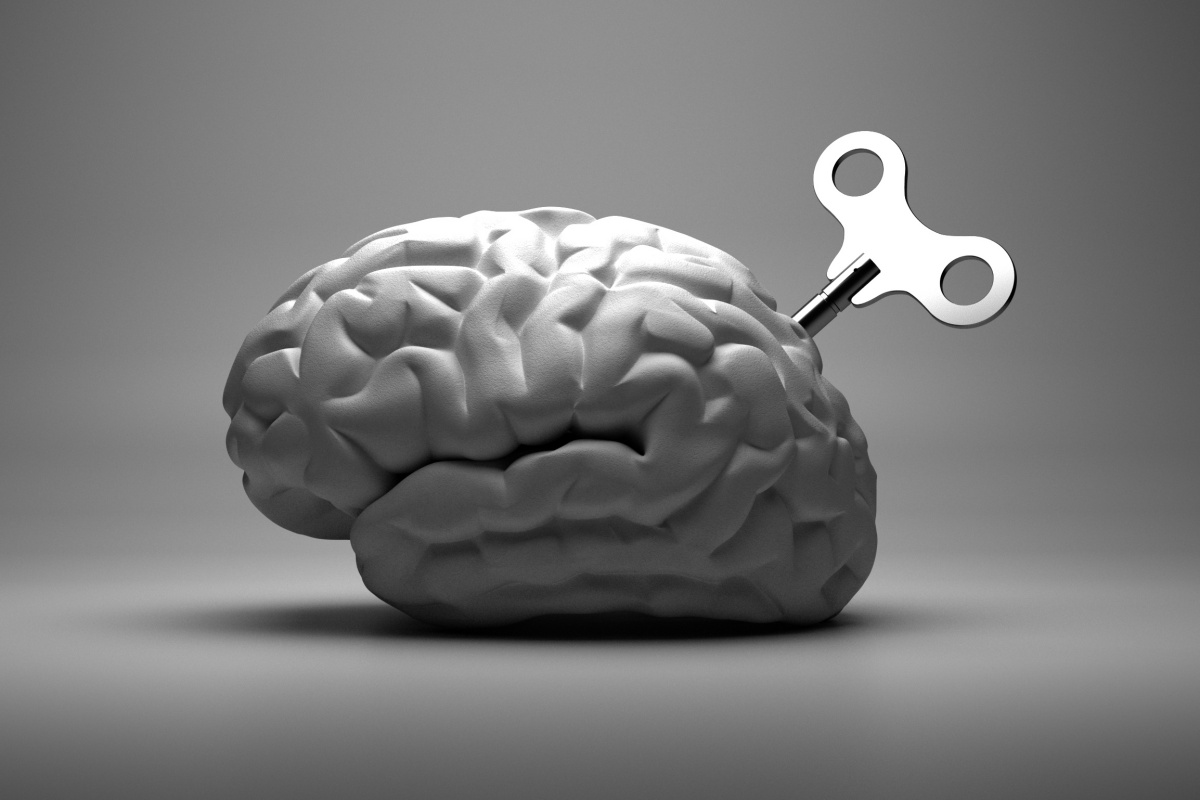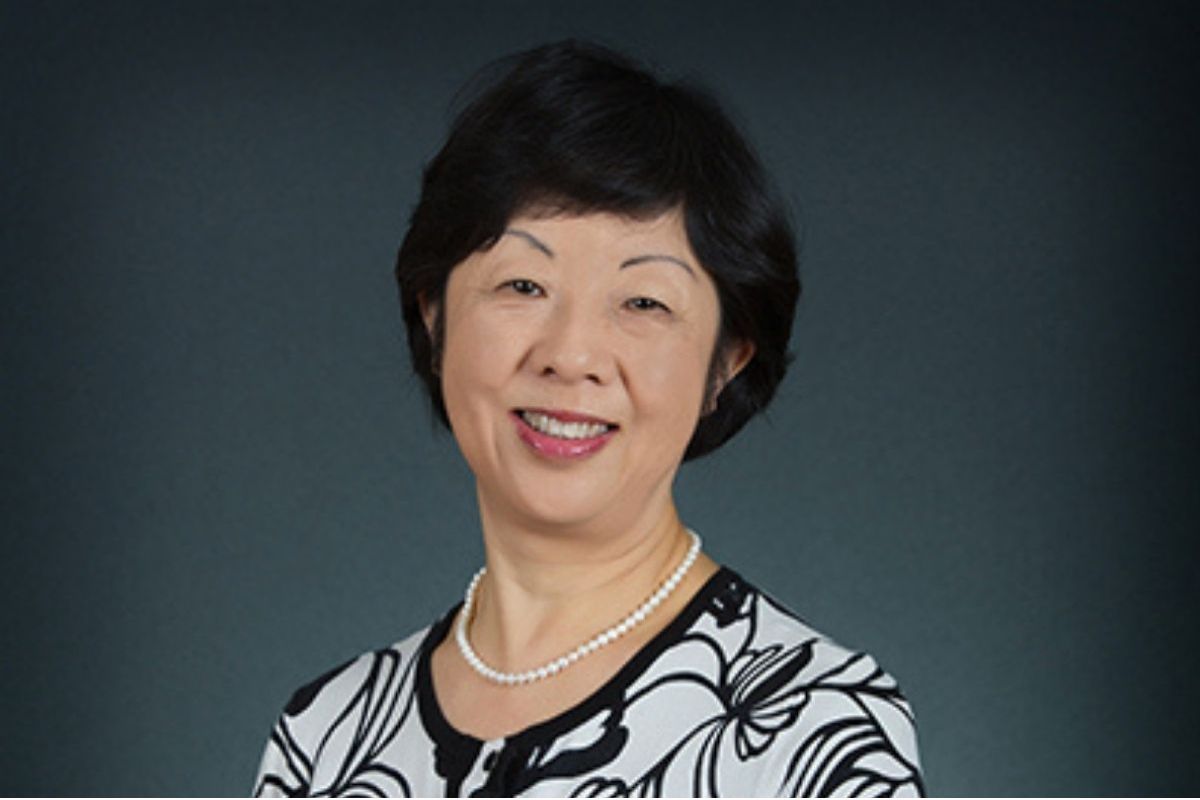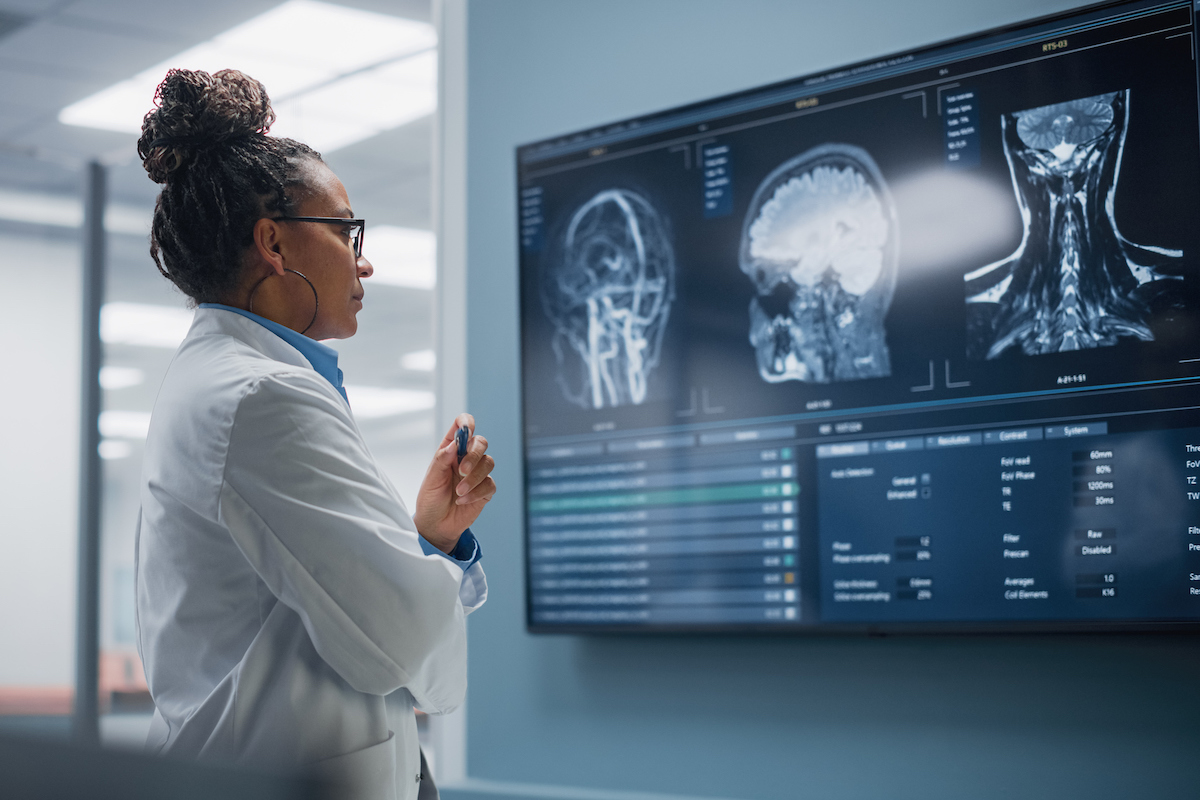Approximately 50 percent of neurosurgeons will experience burnout — chronic, debilitating workplace stress — throughout their careers. The metric is sadly unsurprising, as doctors in this specialty must succeed at the highest levels to even begin their careers, which then are filled with emergency surgeries and procedures with relatively high risks.
But no medical field — regardless of how well-trained and careful its practitioners may be — is free from error, and that paired with the immense stress neurosurgeons face is fostering a crisis that not only threatens the specialty itself, but leads to neurosurgeons being among the physicians at highest risk of suicide.
Enter TC’s Xiaodong Lin-Siegler, who was invited to address neurosurgeons from all over the world on the research she co-authored with Ben Lovett and Robert Siegler, and their graduate students, Keying Wang and Syntia Hadis, at the recent annual meeting of the Congress of Neurological Surgeons (CNS) in Washington, D.C. in September.
Lin-Siegler is at the forefront of investigating how the psychological responses to failure can aid in achieving emotional balance, thereby ensuring optimal cognitive functioning and future success. Her research includes examinations of everyone from high school students to Nobel prize winners and professional athletes. At the helm of TC’s Education for Persistence and Innovation Center (EPIC), she’s reshaping the cultural value of failure — and offering a critical path forward in a society that has long left its benefits on the sidelines.

(Photo: iStock)
“Navigating the intricate tapestry of the human mind is pivotal for a neurosurgeon. A sophisticated understanding of cognition and emotion is not mere luxury, but a necessity,” remarked Dr. Elad I. Levy, president of CNS. “It is imperative we receive extensive training and support in psychological principles, such as the cognitive research in collaboration with Dr Lin, Dr. Lovett and EPIC, enabling us to be acutely aware of both our mental health and that of our patients. This education allows us to grapple effectively with trauma, accept our failures with grace, regulate our responses, and decipher our emotions, especially when outcomes don’t align with our hopes.”
Since doctors typically focus on the physical state of patients, Lin-Sielger initially didn’t see the role for psychologists who study cognition and emotion.
“After studying neurosurgeons and learning about the medical education literature, I realized not only is there a role, but physicians really need psychological training and support,” says Lin-Siegler, Professor of Cognitive Studies. “It’s just the beginning of this profession being aware of their own and patients’ mental health — learning how to deal with trauma, failure, and regulation, and sorting out one’s emotions when things do not go their way.”

(Photo: TC Archives)
Lin-Siegler and Lovett’s recent pilot study on failure in neurosurgeons presents a conundrum. While there are comprehensive accounts of job-related stress and anxiety stemming from the high-risk nature of their work, neurosurgeons are less likely to discuss their emotions, positive or negative.
“Neurosurgeons are known to be good at suppressing their anxiety and stress at their job. However, long-term suppressions of these negative emotions are known to hurt memory, decision making and social relationships,” Lin-Siegler explains, calling for cognitive and emotional awareness and training throughout the medical profession.
The solution may not be too far away, as Lin-Siegler is in early discussions about a continuing medical education course on the psychological reactions to failure for neurosurgeons renewing their licenses at SUNY Buffalo’s Jacobs Institute.
“The Jacobs Institute has been at the forefront of recognizing that dissecting past failures with our peers is critical for our mental health. It is equally important to identify the source of that failure – whether it was a judgement or a technical error - so we, and others, can avoid it in the future, says Dr. Adnan Siddiqui, CEO and CMO of the Jacobs Institute. “Our failure analysis conferences in Jackson Hole, Wyoming attract hundreds of physicians each year from around the world who are eager for the opportunity to present and learn. We are excited to explore integrating Dr. Lin-Siegler’s work into some of the training programs we offer to physicians and industry here at the Jacobs Institute.”
“As educators, we could provide opportunities to help these people greatly to understand themselves and their own and patents’ psychology,” Lin-Siegler said. “And as a psychologist, I was trained to approach puzzles by hearing the explanations from the puzzle makers.”
